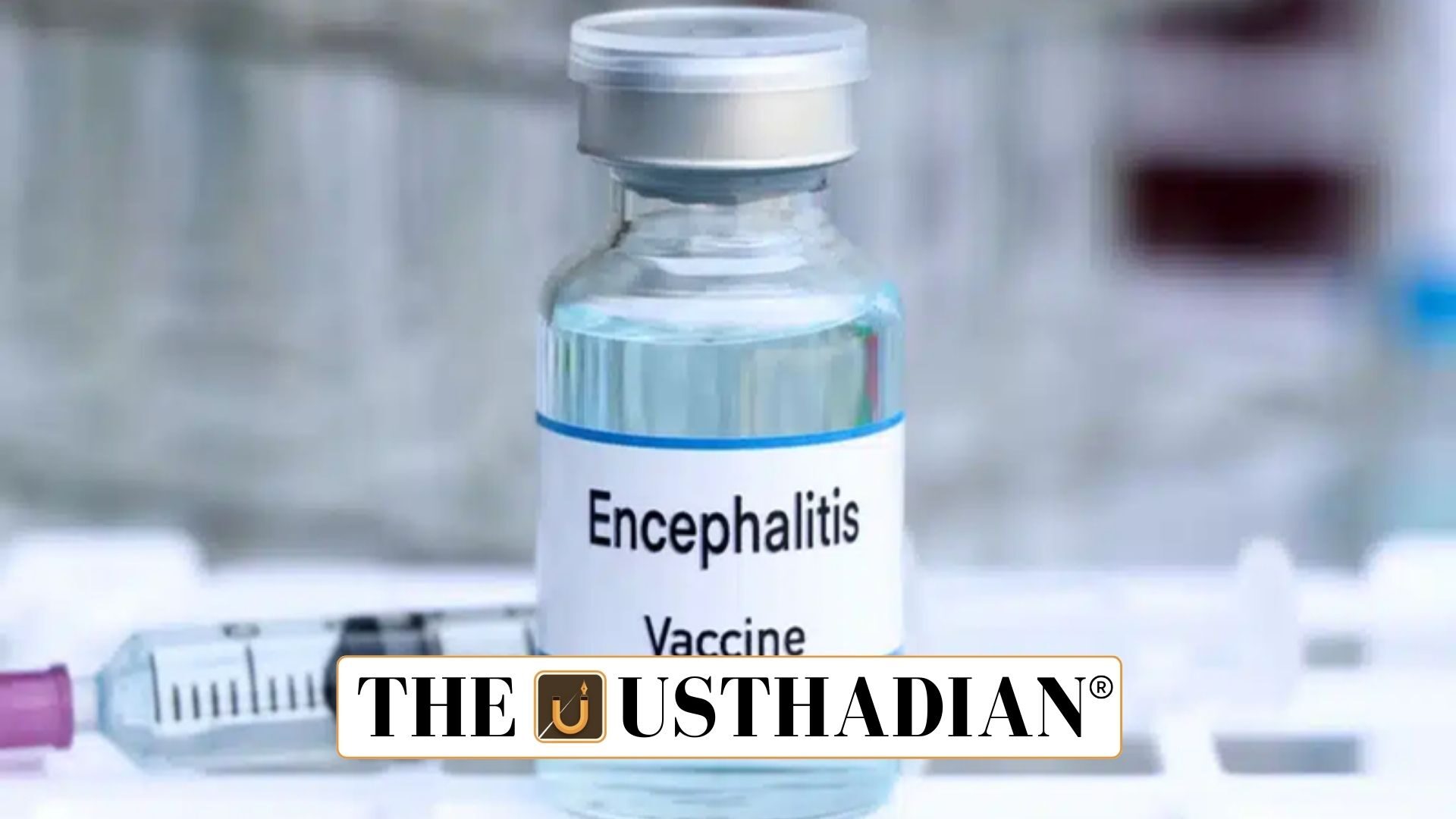Expansion of the JE Programme
Japanese Encephalitis Vaccination Expansion in Tamil Nadu: The Tamil Nadu Health Department has expanded the Japanese Encephalitis (JE) vaccination programme to 7 new districts. This marks a significant step in strengthening disease prevention measures across the state. A total of 27,63,152 children aged 1 to 15 years will be covered with a single dose of JE vaccine.
Target Districts and Coverage
The additional districts included are Chennai (excluding two already covered zones), Chengalpattu, Tirunelveli, Tenkasi, Kancheepuram, Nagapattinam, and Vellore. These areas have reported cases in recent years, prompting the health department to extend vaccination coverage.
Static GK fact: The first case of Japanese Encephalitis in India was reported in Vellore, Tamil Nadu in 1955.
Implementation in Institutions
The campaign will be conducted across government schools, government-aided schools, anganwadi centres, orphanages, and juvenile homes. This approach ensures maximum coverage of vulnerable children within the 1–15 age group.
Static GK fact: Anganwadi centres were introduced in 1975 under the Integrated Child Development Services (ICDS) scheme to provide health and nutrition services to children.
Disease Burden and Risks
Japanese Encephalitis is a mosquito-borne zoonotic viral disease that primarily affects the central nervous system (CNS). Severe cases may lead to complications such as seizures, long-term neurological disability, or death. With no specific treatment available, vaccination remains the most effective preventive measure.
Static GK Tip: The Culex mosquito is the primary vector of Japanese Encephalitis in India.
Historical Implementation in Tamil Nadu
The JE vaccination programme was first launched in 2007, initially covering 15 endemic revenue districts. Over the years, the state has consistently scaled up its efforts in response to outbreak patterns and epidemiological data.
Static GK fact: The JE vaccine used in India is the SA 14-14-2, a live attenuated vaccine originally developed in China.
National and Global Perspective
India contributes to a large share of JE cases reported worldwide, mostly from the eastern and southern states. Regular vaccination campaigns have significantly reduced disease incidence in states like Uttar Pradesh, Assam, Bihar, and Tamil Nadu.
Static GK fact: Japanese Encephalitis was first recognized in Japan in 1871, and the first vaccine was introduced in 1941.
Conclusion
The expansion of JE vaccination in Tamil Nadu is a proactive step toward reducing the burden of this potentially fatal disease. Covering nearly 28 lakh children across seven additional districts will help in strengthening herd immunity and preventing future outbreaks.
Static Usthadian Current Affairs Table
Japanese Encephalitis Vaccination Expansion in Tamil Nadu:
| Topic | Detail |
| Disease | Japanese Encephalitis (JE) |
| Nature | Mosquito-borne viral zoonotic disease |
| Affected System | Central Nervous System (CNS) |
| Transmission Vector | Culex mosquito |
| Age Group Covered | 1–15 years |
| No. of Children | 27,63,152 |
| Newly Added Districts | Chennai, Chengalpattu, Tirunelveli, Tenkasi, Kancheepuram, Nagapattinam, Vellore |
| Existing Coverage | 15 endemic districts since 2007 |
| Vaccine Used | SA 14-14-2 live attenuated vaccine |
| Implementation Venues | Government schools, aided schools, anganwadis, orphanages, juvenile homes |








